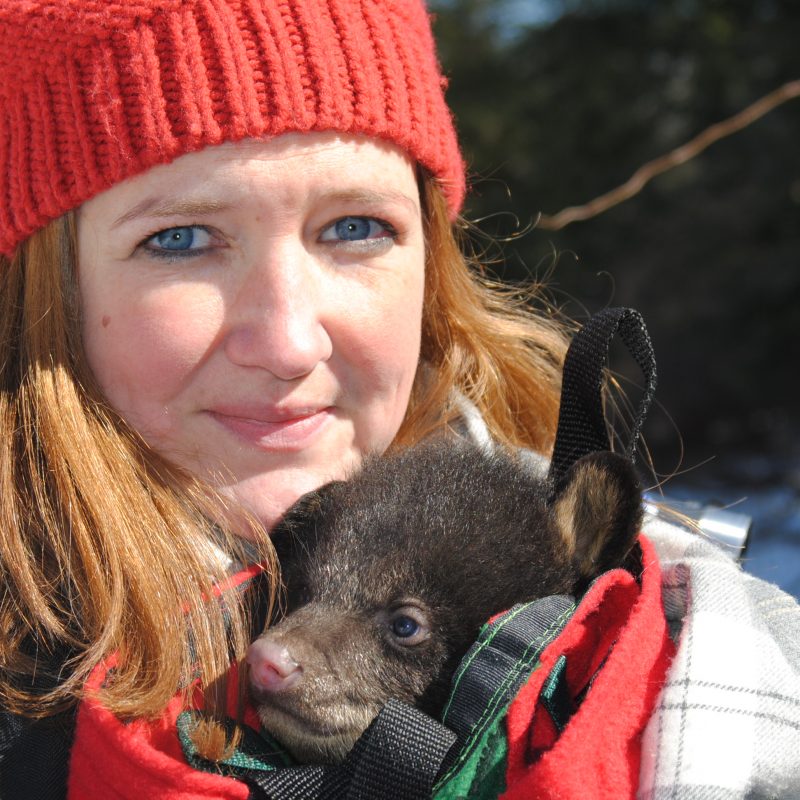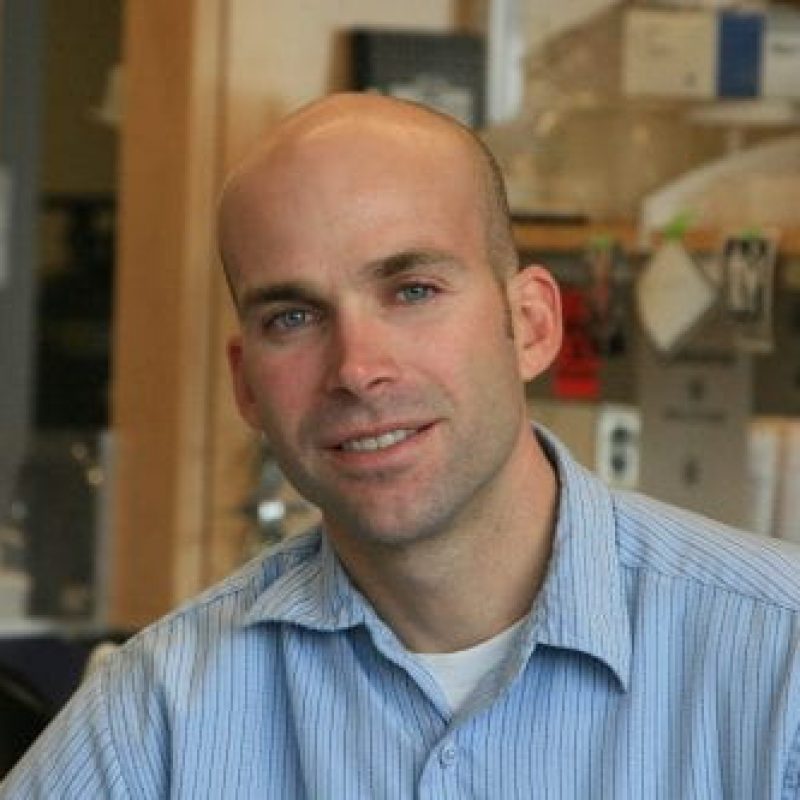Tag: Bacteria
-

Jeongmin Song
The unifying themes of my ongoing research program are seeking to understand the underlying mechanisms that control the pathogenesis and disease associated with bacterial infections, as well as developing control strategies for the bacteria or its associated disease. The main focus for the past years[...] -

Christine Smart
Two main areas of study in the Smart lab include identifying genes in bacterial pathogens that enable movement within a plant, and understanding the population diversity of rapidly reproducing oomycete pathogens. These studies enhance our knowledge of pathogen virulence determinants and further elucidate how plants[...] -

Krysten Schuler
My research group focuses on free-ranging North America wildlife to improve health outcomes across a variety of species, their pathogens and parasites. At the Cornell Wildlife Health Lab, we derive solutions from novel mathematical applications, innovative diagnostic evaluations, field-based studies, and human dimensions of wildlife[...] -

Brian Rudd
The Rudd lab is interested in how microbes alter immune development and how the adaptive immune system protects the host against acute and chronic pathogens. -

Joe Peters
The Peters lab studies microbial evolution via mobile genetic elements. We are interested in how mobile elements evolve new functions within host-associated bacteria. Students in the lab will develop skills in bioinformatics, molecular genetics, and biochemistry. An example student project is using sequencing data to[...] -

Teresa Pawlowska
We study the mechanisms underlying ecological interactions between fungi and bacteria. Student projects will focus on current work to characterize the bacteria associated with mycorrhizal fungi in poorly studied desert habitats in California and Israel. Students will learn culture and microscopy techniques, and phylogenetic analysis. -

Christopher Myers
My research spans infection biology across scales and systems, utilizing a variety of theoretical and computational approaches, such as: modeling of infectious disease dynamics in complex populations, networks and landscapes; characterizing the structure, function and evolution of cellular networks involved in pathogen virulence and host[...] -

Corrie Moreau
The Moreau lab focuses on the symbiotic factors that drive evolutionary diversification in ants. One example question is whether seed-eating ants have distinct gut microbiomes to facilitate their use of this food source. Students will characterize the gut microbiomes of ant species using 16S amplicon[...] -

Gregory Martin
The Martin lab studies the molecular bases of bacterial infection processes and the plant immune system. Our research focuses on speck disease caused by the bacterial pathogen Pseudomonas syringae pv. tomato. We use diverse experimental methods in biochemistry, bioinformatics, cell biology, forward and reverse genetics, genomics, molecular[...] -

Cynthia Leifer
The Leifer lab investigates how the immune system detects and initiates inflammatory responses to microbes. We focus on innate immune macrophages and the regulatory mechanisms that control inflammation through Toll-like receptors (TLRs).
